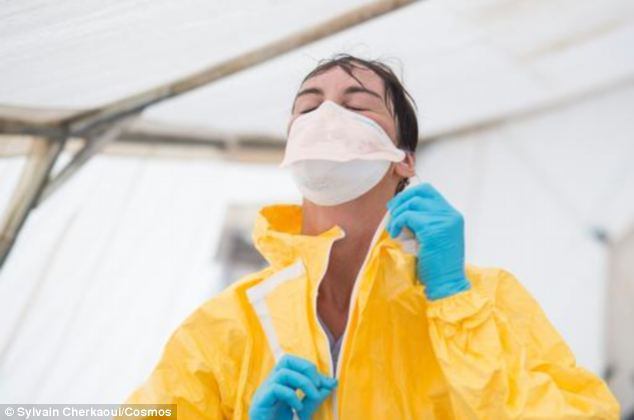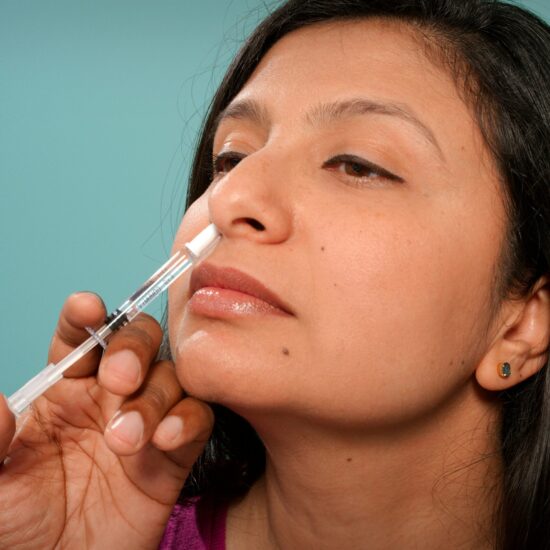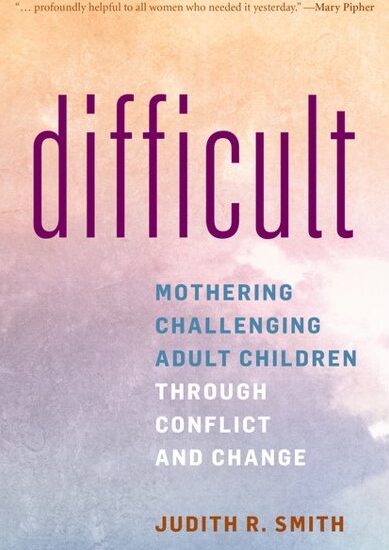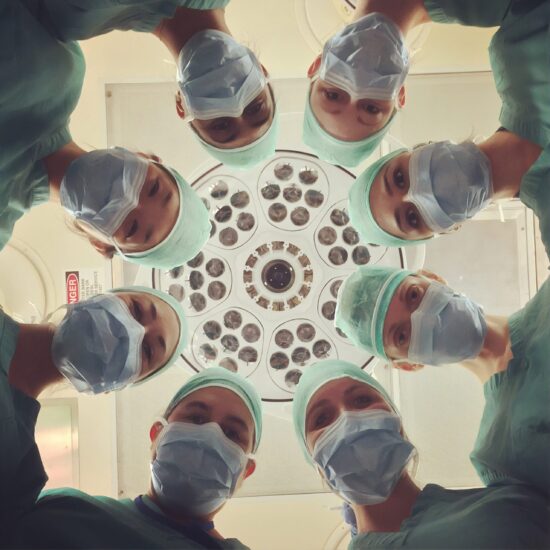

What’s wrong with this media advisory:
______________________________________________________________________
MEDIA ADVISORY
NIH MEDIA BRIEFING ON DISCHARGE OF EBOLA PATIENT FROM ITS CLINICAL CENTER SPECIAL CLINICAL STUDIES UNIT
WHAT
NIH officials will brief reporters about the discharge of Nina Pham, the Dallas nurse who was admitted to the NIH Clinical Center on October 16 with Ebola virus disease, and is now virus free.
WHO
— Francis S. Collins, M.D., Ph.D., Director of the National Institutes of Health
— Anthony S. Fauci, M.D., Ph.D., Director of the National Institute of Allergy and Infectious Diseases
— H. Clifford (Cliff) Lane, M.D., NIAID Clinical Director
— John I. Gallin, M.D., Director, NIH Clinical Center
— Tara Palmore, M.D., Director, Hospital Epidemiologist, NIH Clinical Center and Director, Infectious Diseases Training Program, NIAID
— Rick Davey, M.D., Deputy Clinical Director, NIAID Division of Clinical Research
___________________________________________________________________________
Once again, nurses are missing from media stories on Ebola. Why would the NIH clinical center not include at least the chief nurse for the clinical center to talk about the care that Nina Pham received?
We’re back to pre-Nina Pham days.
When nurse Nina Phan was diagnosed with Ebola, journalists were on the hunt for nurses who could be interviewed. While National Nurses United was proactive with reaching out to media, other journalists turned to nurses such as Karen Cox, Secretary of the American Academy of Nursing and COO of Mercy Children’s Hospital in Kansas City; Pamela Cipriano, president of the American Nurses Association; and Elaine Larsen, international expert in infectious disease and professor of nursing at Columbia University. As president of the American Academy of Nursing, I was fielding multiple media requests, providing commentary on the situation and referring journalists to experts such as Cox and Larsen.
It was a ‘media frenzy’, as many called it. For nurses, it was heartening to see the attention to the daily, heroic work of many nurses and to see nurses as spokespeople in the media. But once Nina Pham was declared Ebola-free, the calls stopped. Now it’s all physicians and politicians all the time.
Of course, the exception is Kaci Hickox, the nurse who is being quarantined outside of University Hospital in Newark, NJ, after returning from Liberia where she cared for patients with Ebola. She is sympom-free and, probably Ebola-free; and, thus, not able to transmit the virus. Despite this, Governors Andrew Cuomo and Chris Christie have set policies in their states that require aid workers and other travelers from West Africa who had contact with Ebola patients to be quarantined for 21 days. This is not a house-quarantine with self-monitoring.
On CNN Sunday morning in an interview with Candy Crowley, Hickox refused to agree that the policies were reasonable. Instead, she argued that the policies do not reflect the available evidence. Indeed, as another CNN reporter pointed out, the nurses and other health care workers who are taking care of patients with active Ebola in Bellevue Hospital, demonstrating how poorly thought out the policy is. Hickox was informed, smart, and fiesty. She stood her ground and clearly articulated her reasons for opposing the new quarantine policy.
Once Hickox is able to go home, will there be any nurses’ voices in the media’s discussion of the nation’s response to Ebola and other infectious diseases? Will nurses be sought routinely by journalists as experts on health and health care issues? Will their different and important perspectives on these matters be sought?
Or will we once again be invisible?
Diana J. Mason, PhD, RN, FAAN, Rubin Professor of Nursing








